Pre-Hospital Antibiotics in Sepsis?
RebelEM
JANUARY 18, 2024
Background: Sepsis remains one of the leading causes of morbidity and mortality. Prehospital Administration of Broad-Spectrum Antibiotics for Sepsis Patients: A Systematic Review and Meta-Analysis. It is well-established that earlier recognition and treatment can lead to better outcome for these patients . Health Sci Rep 2022.


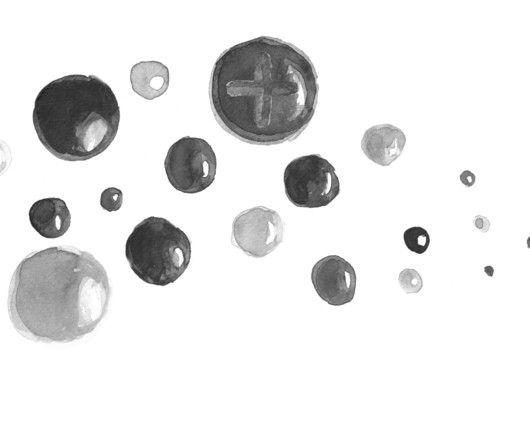








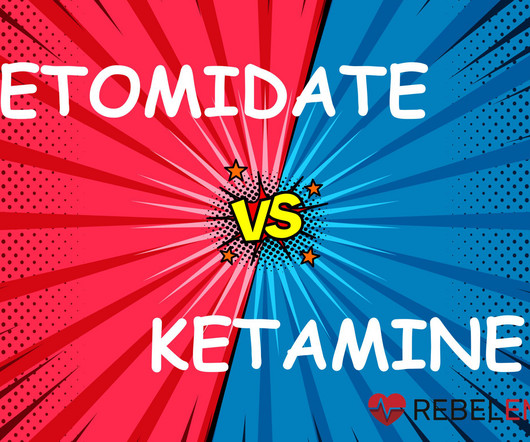


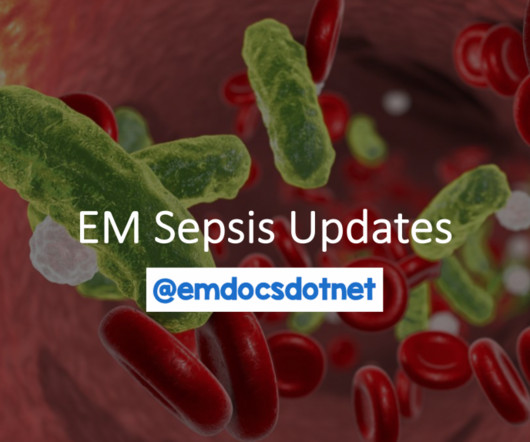

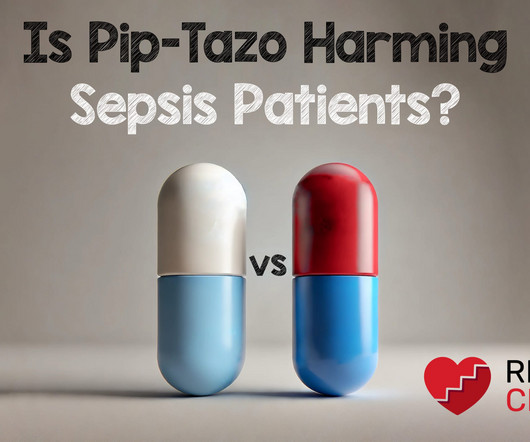
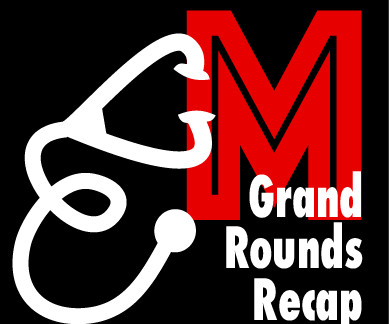
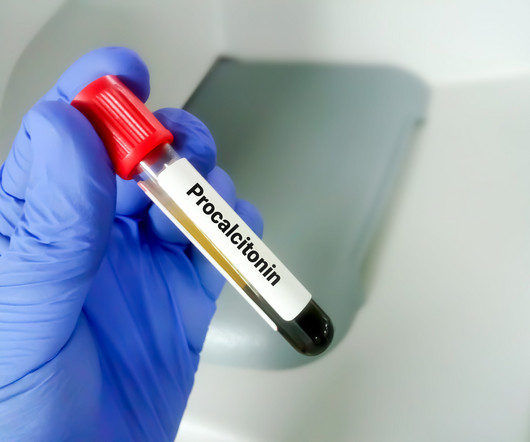






Let's personalize your content